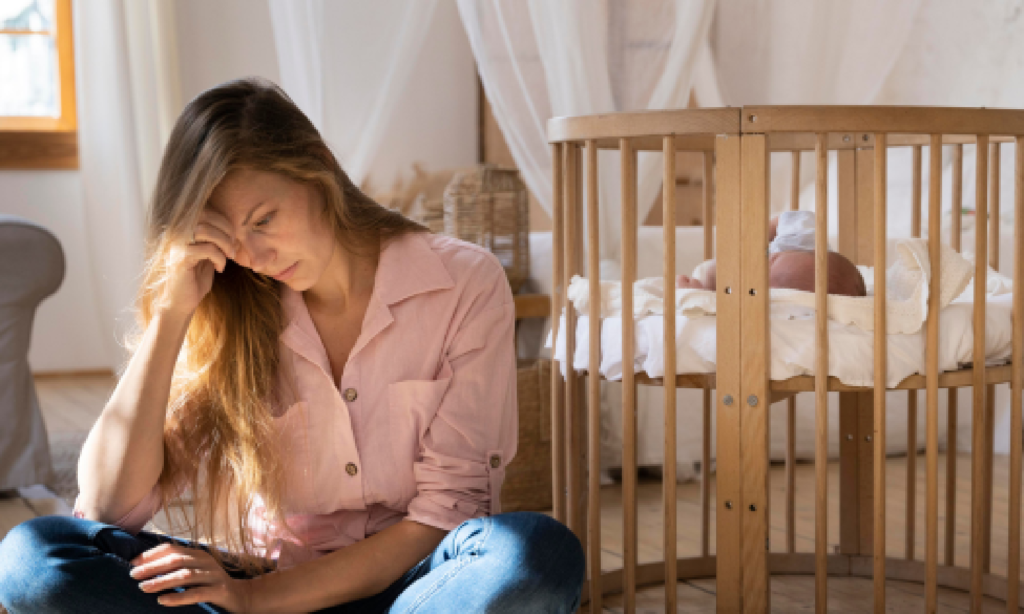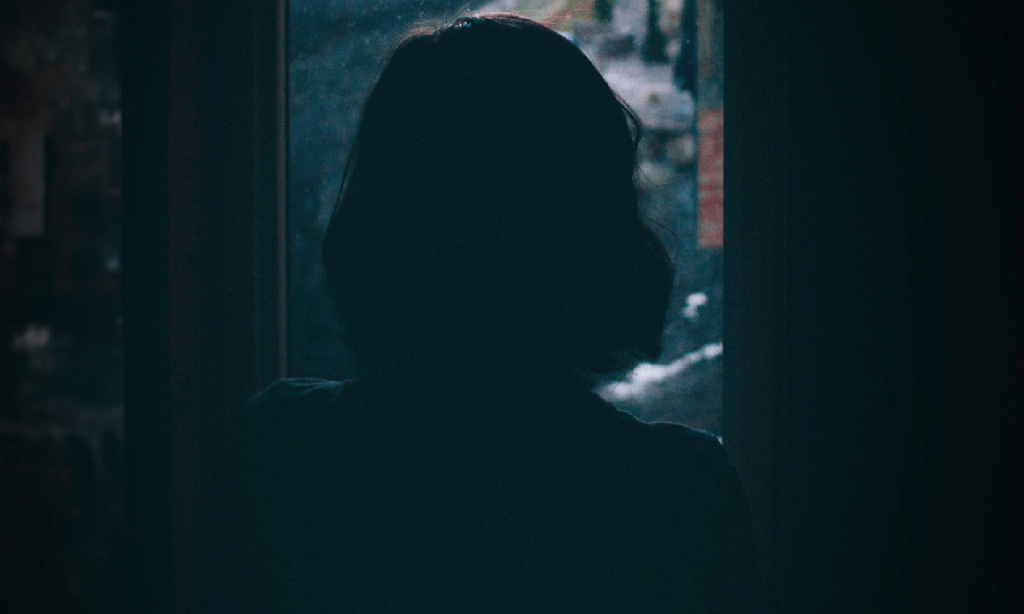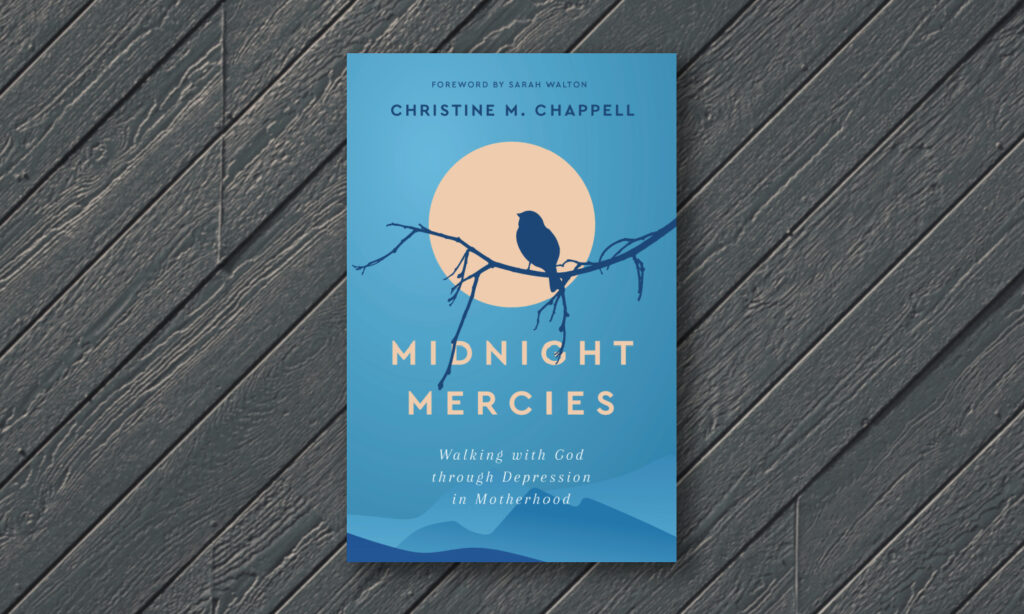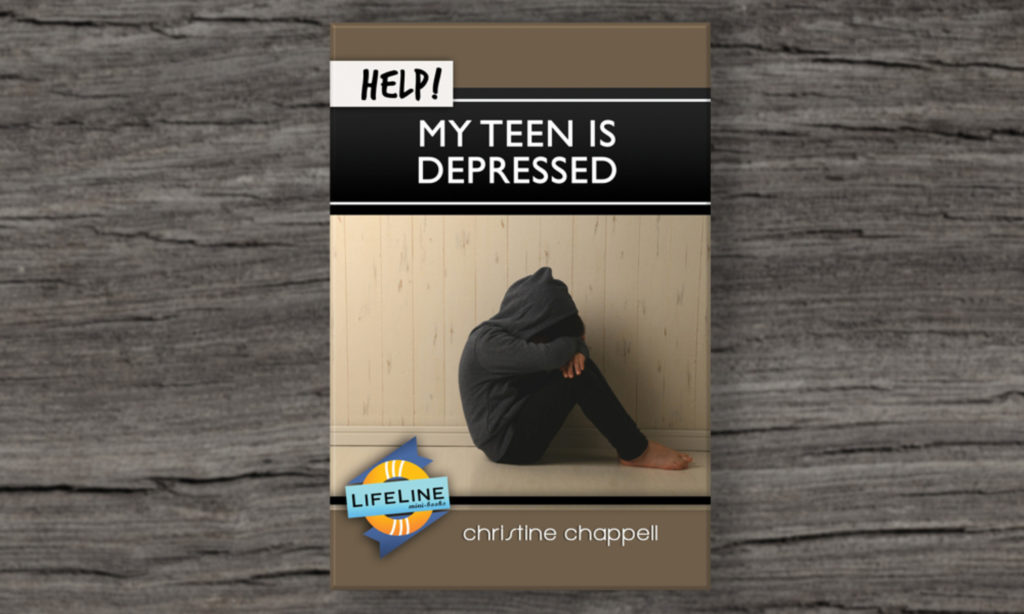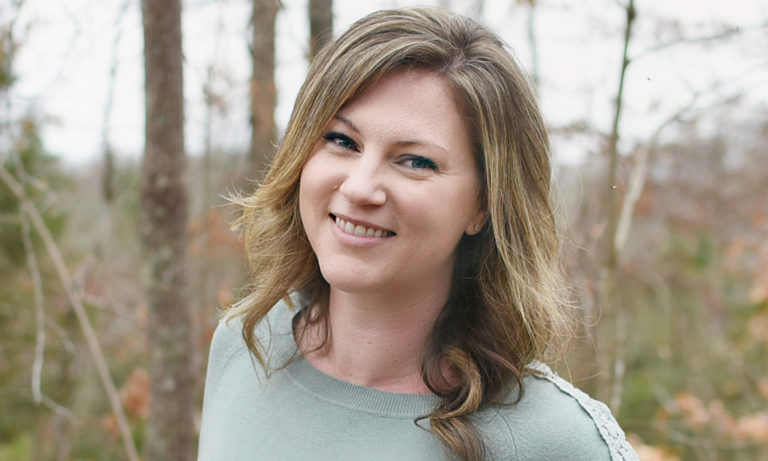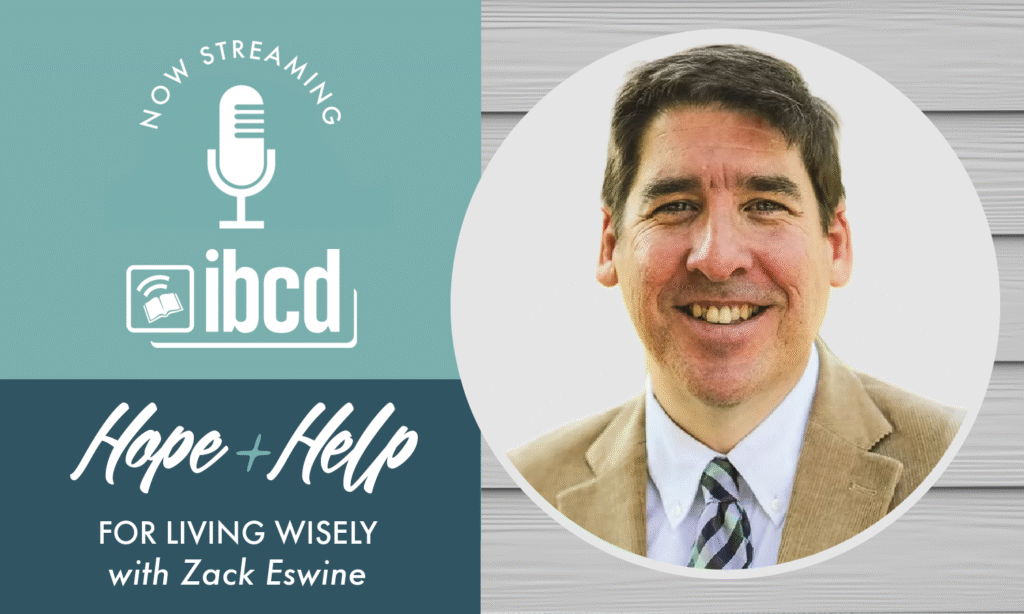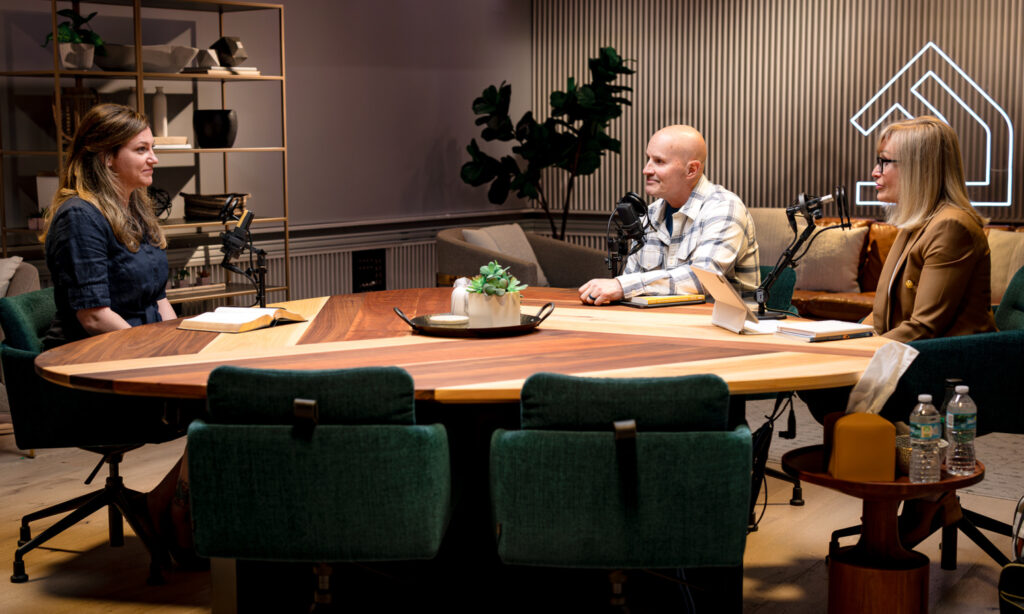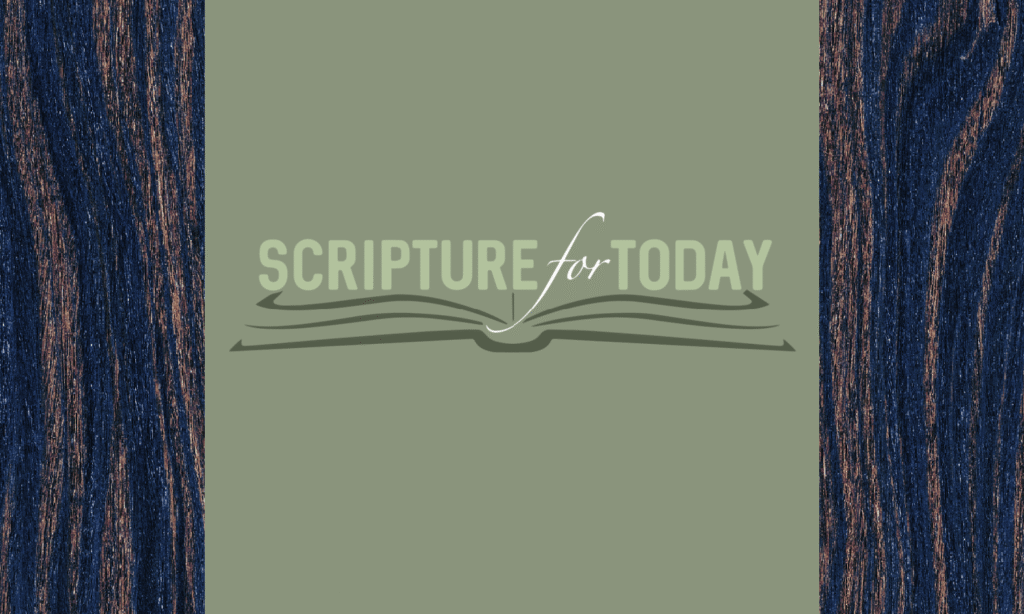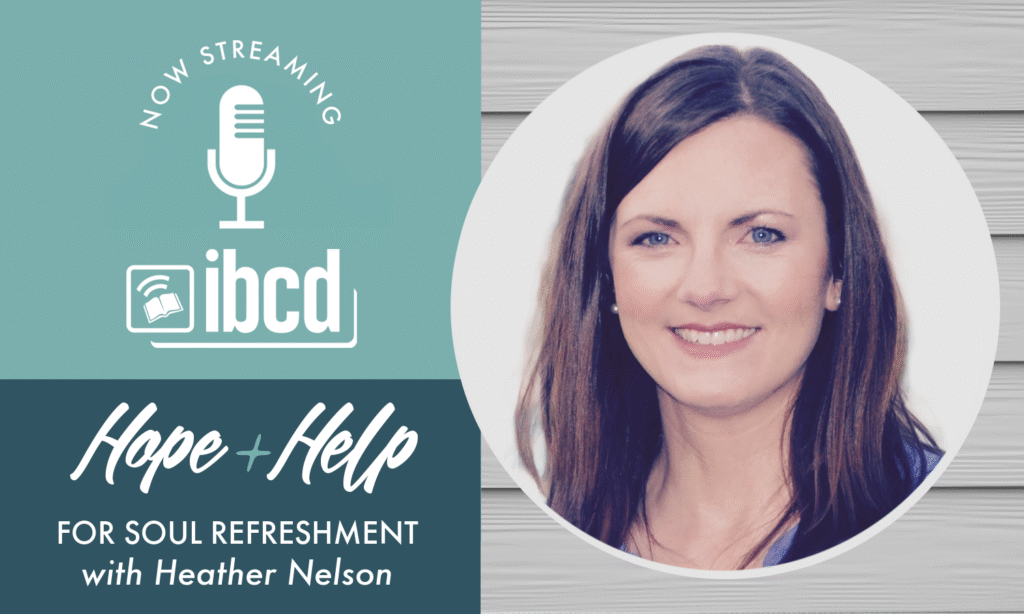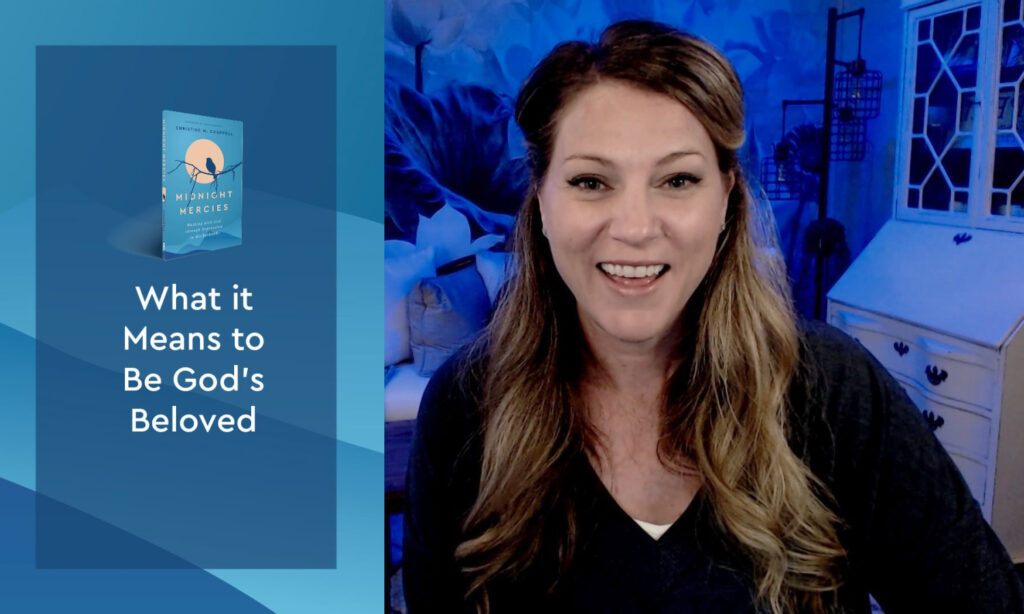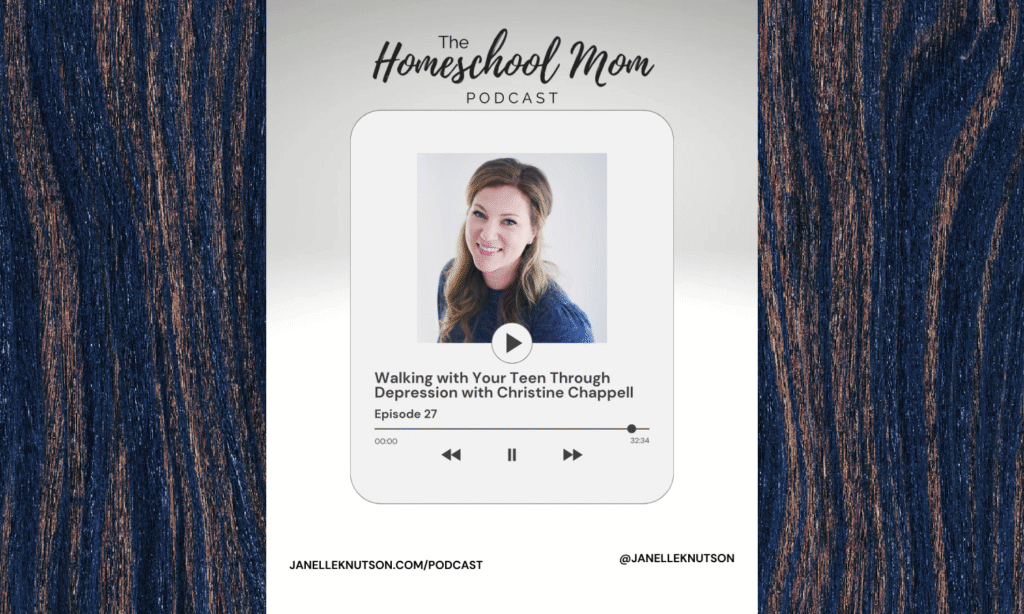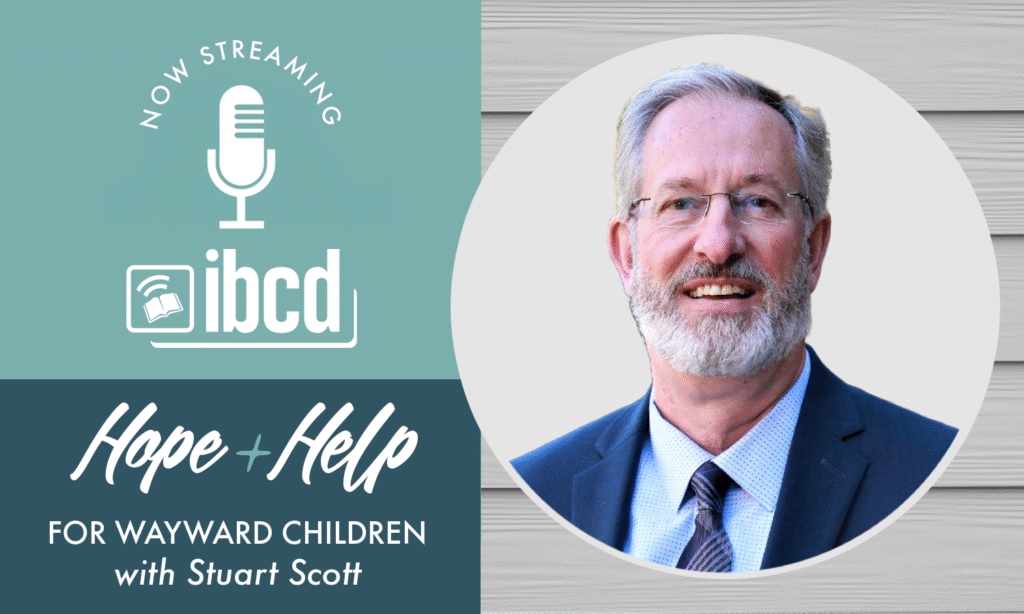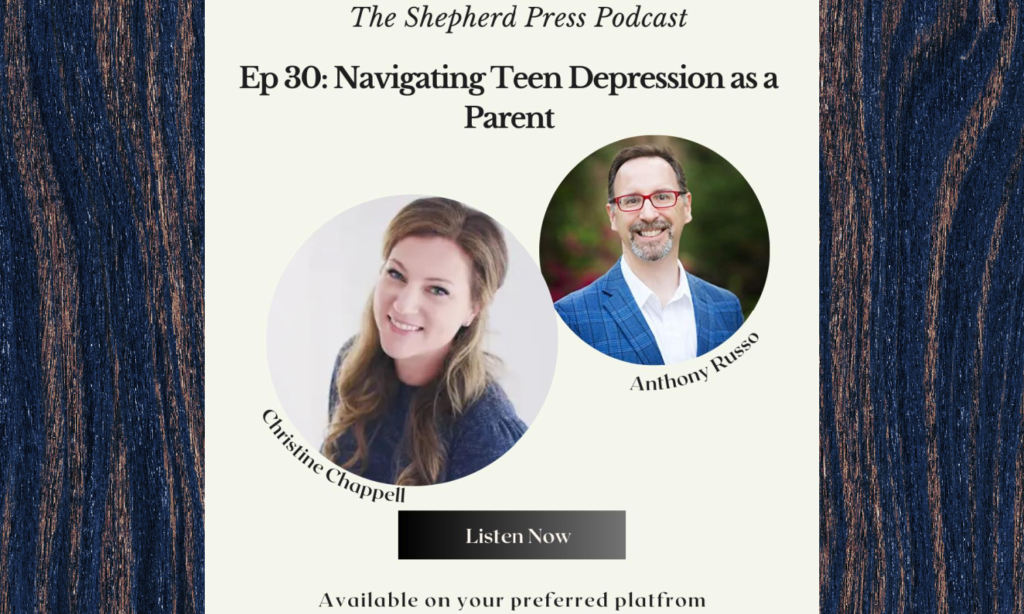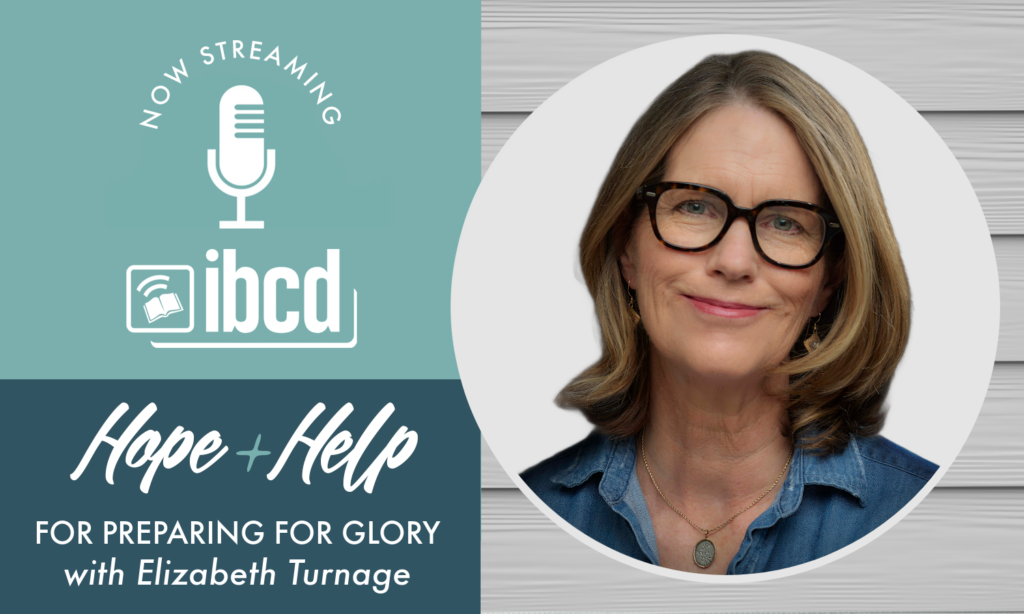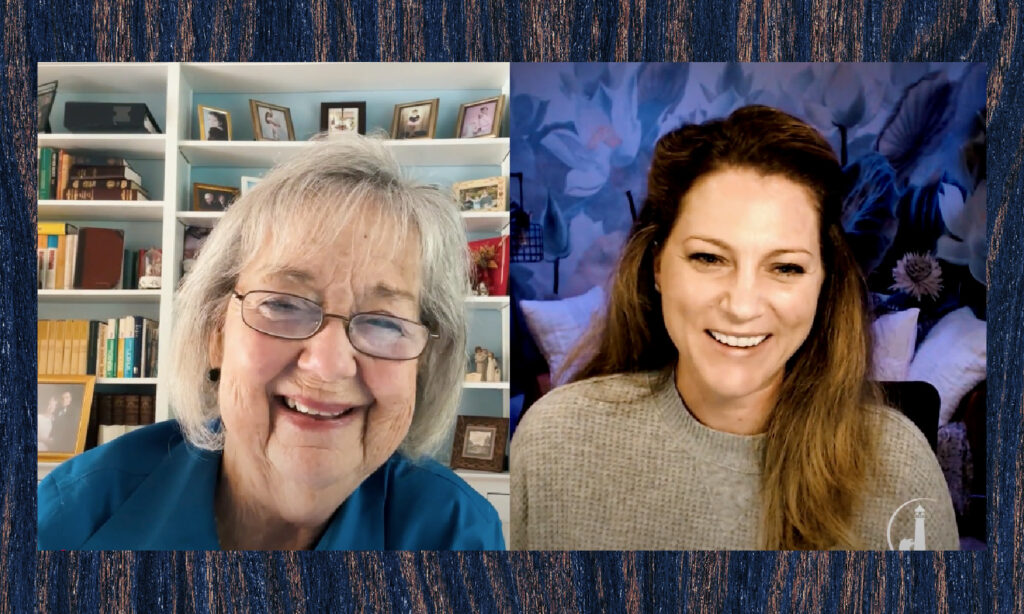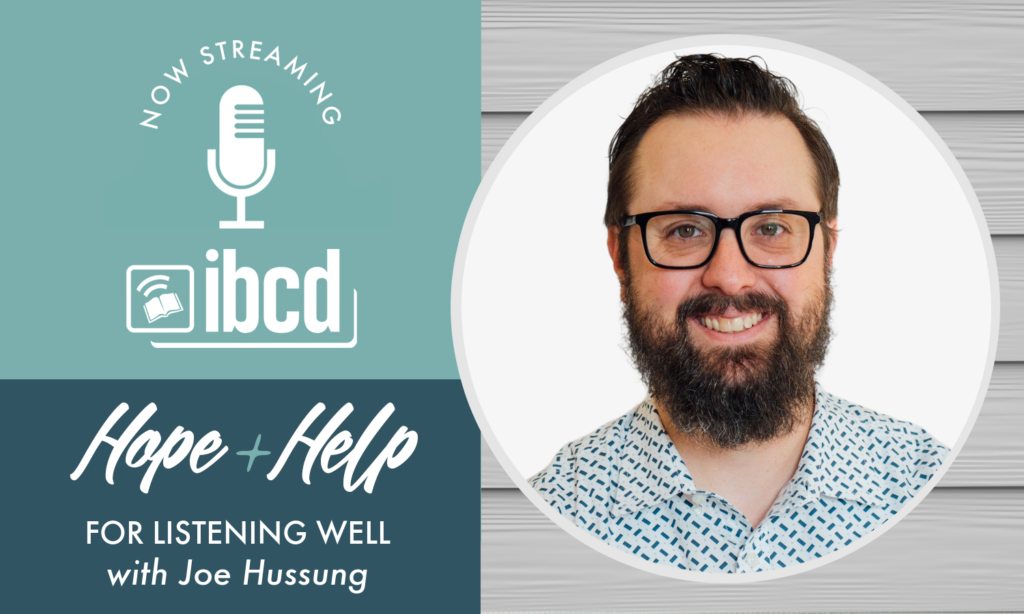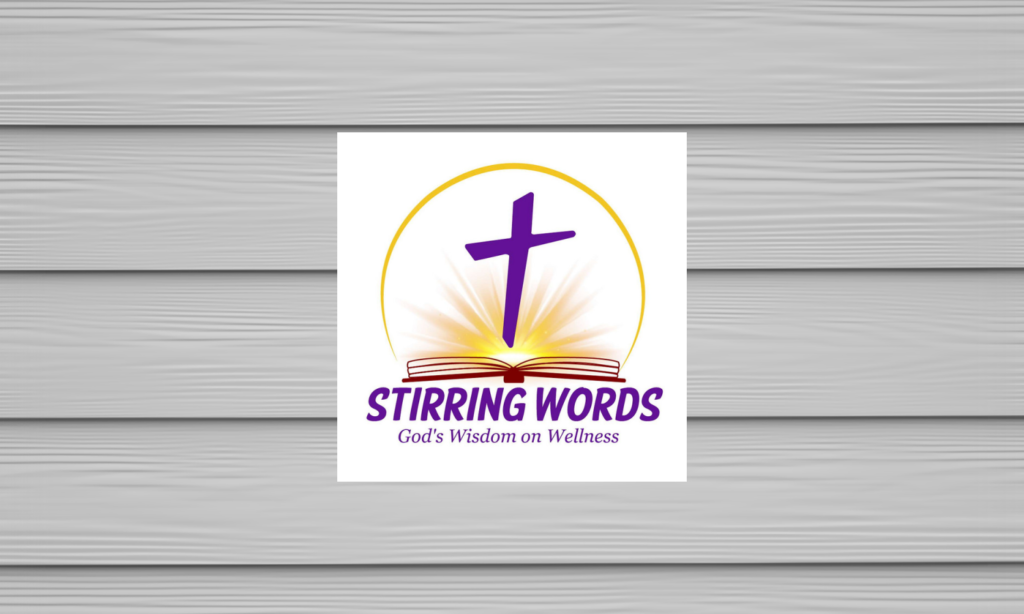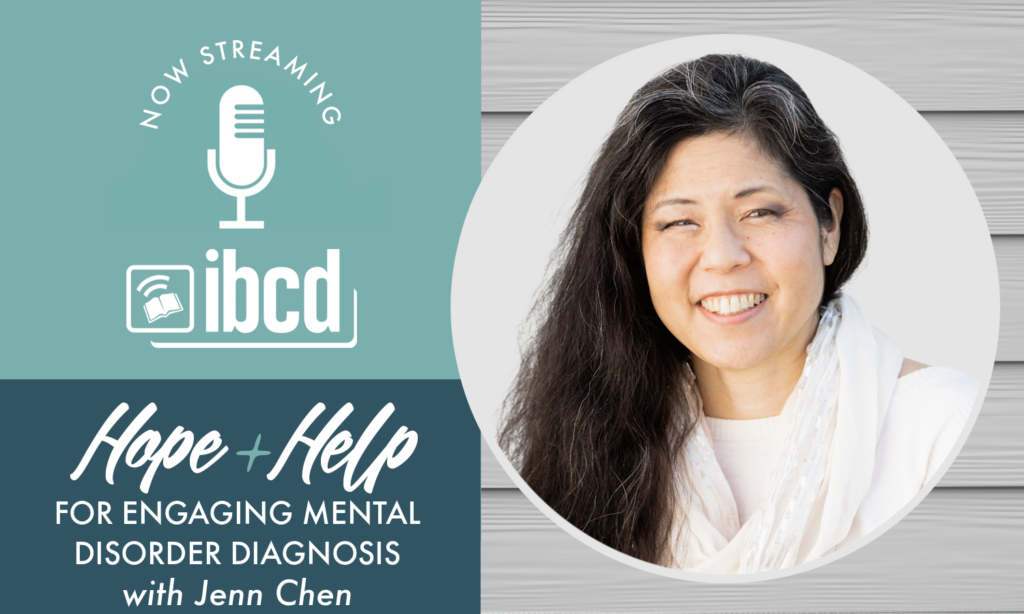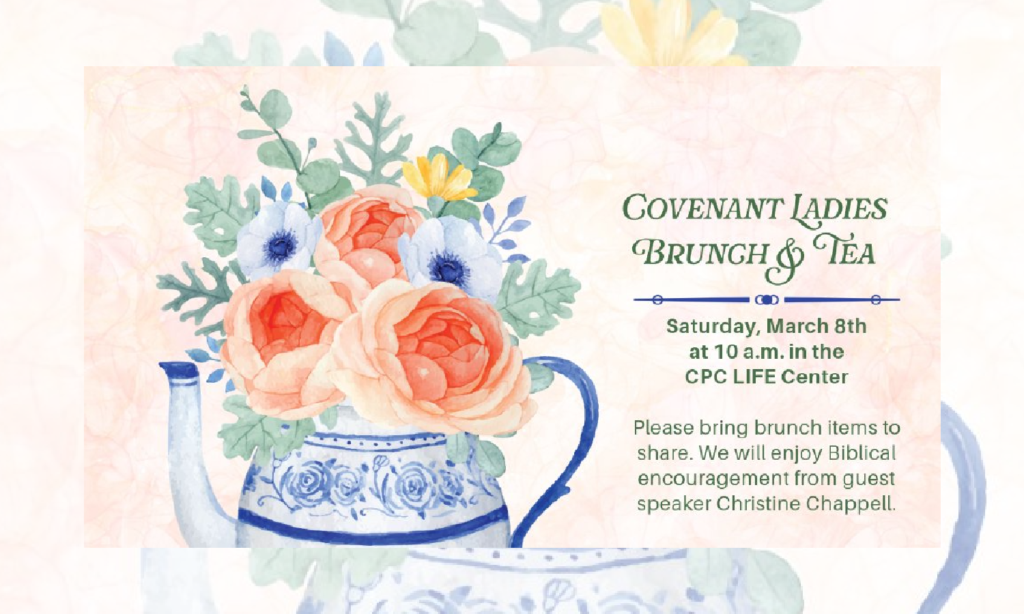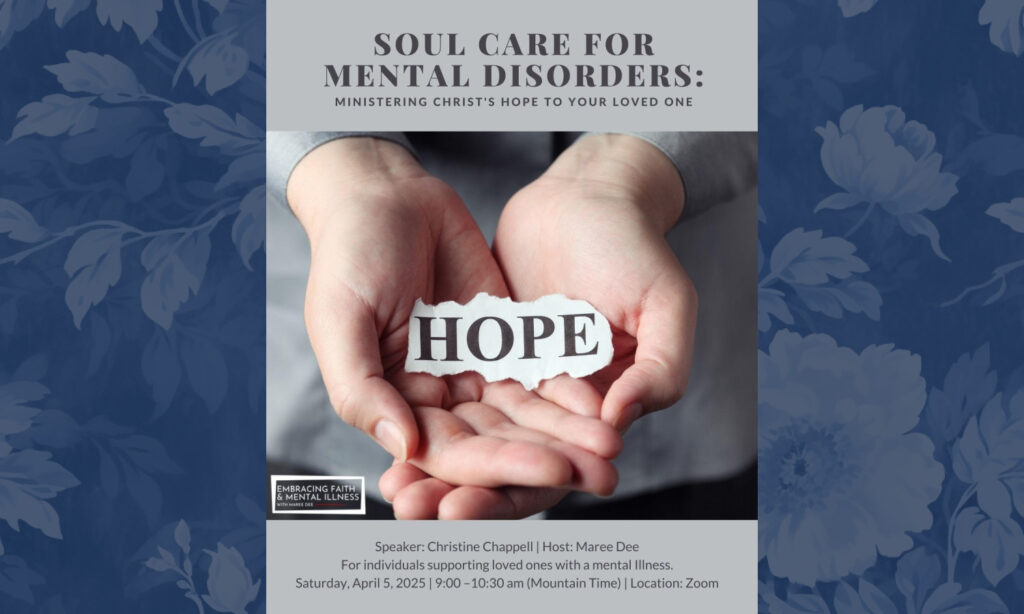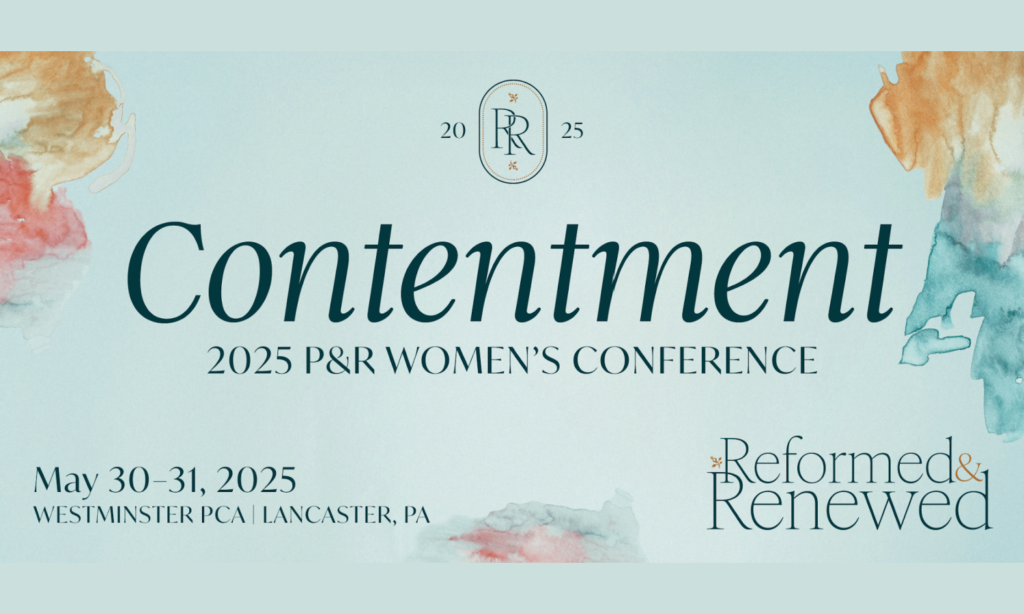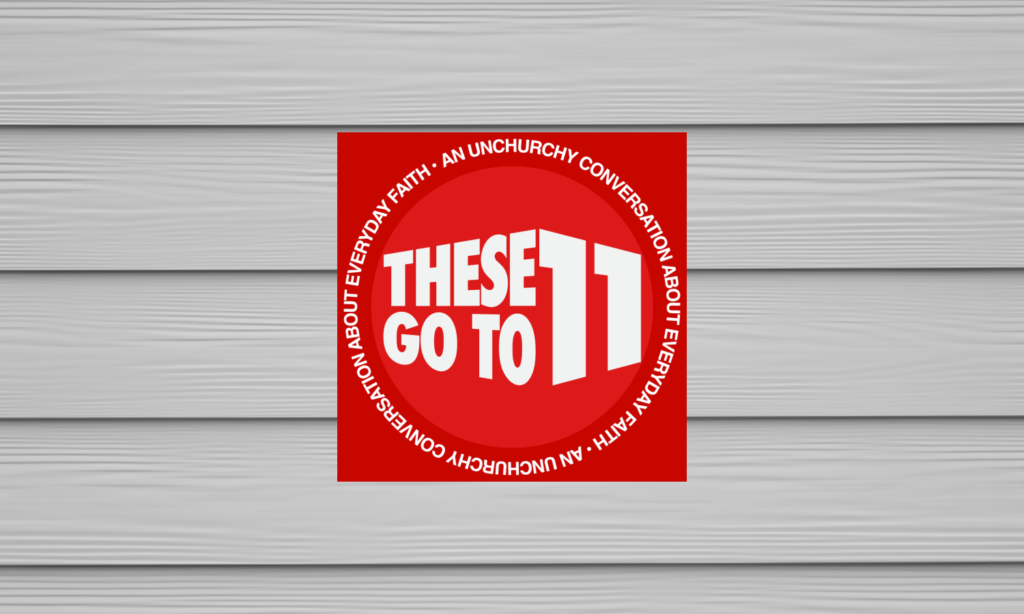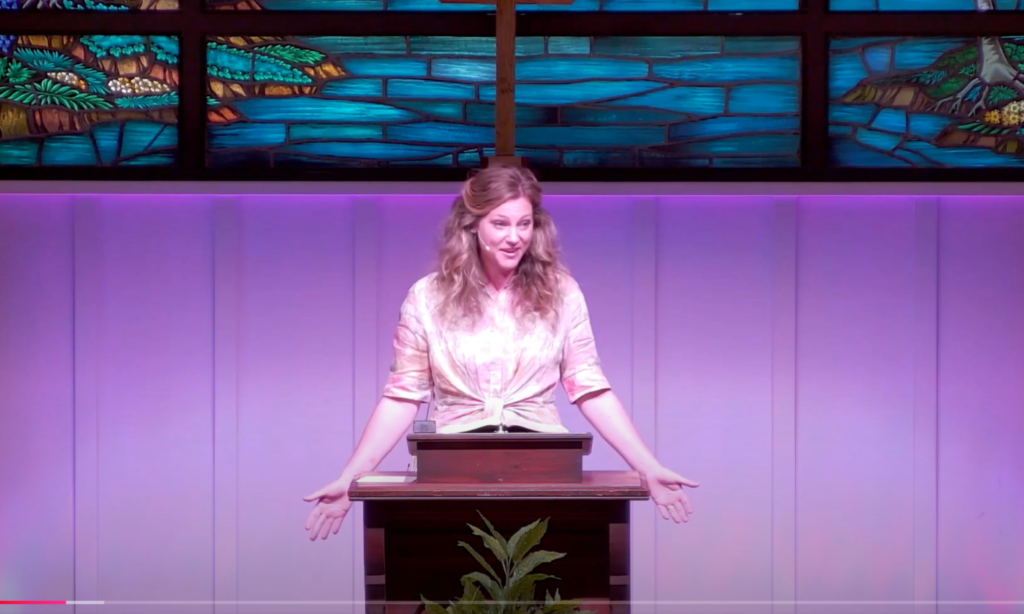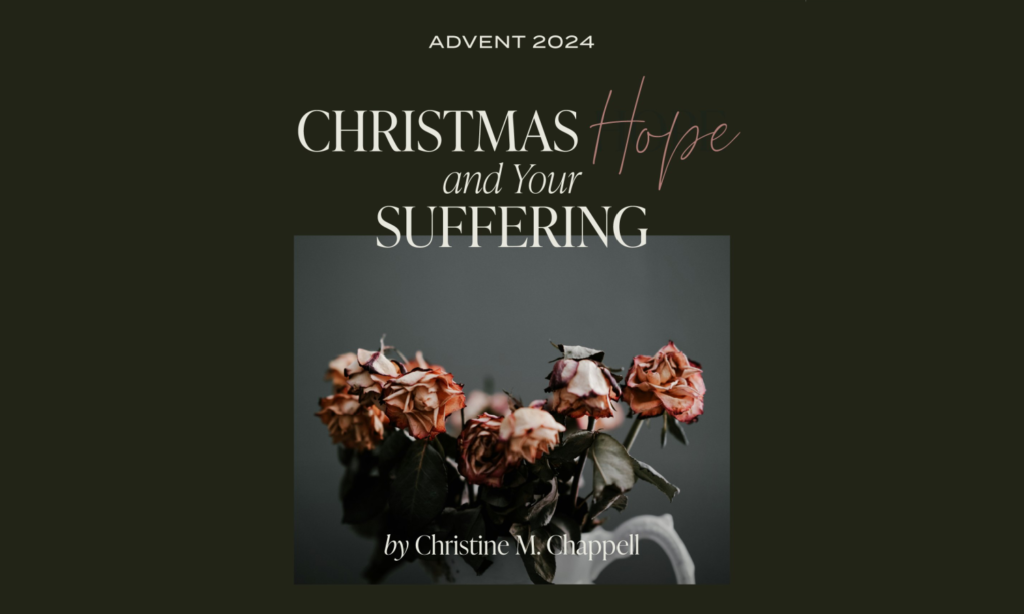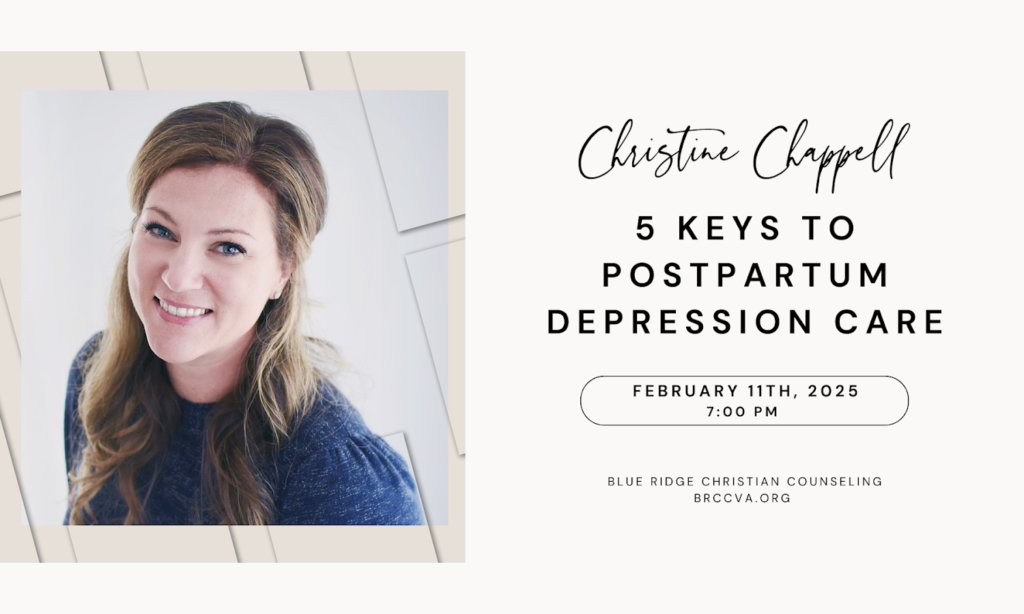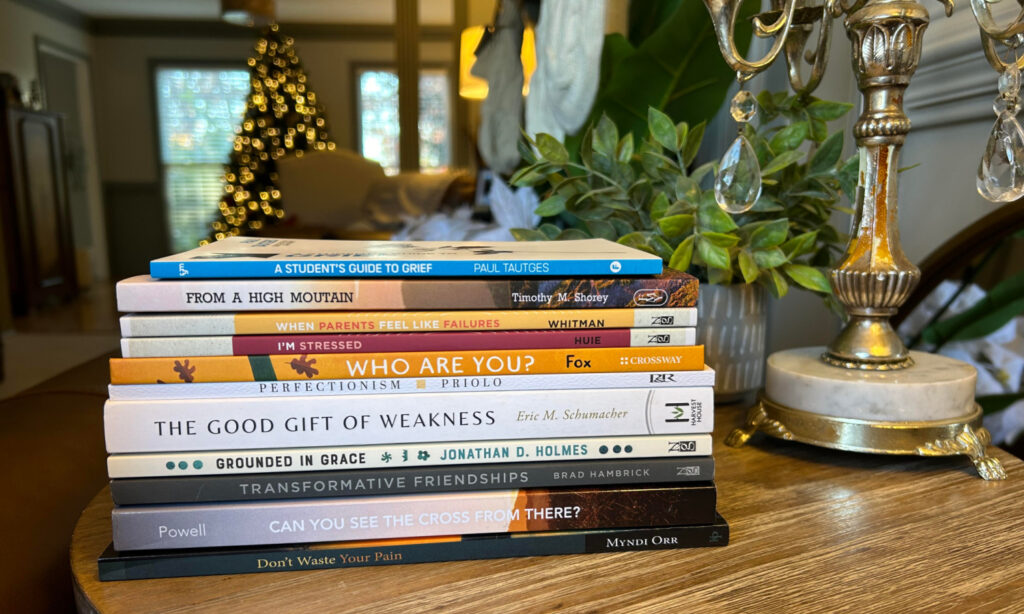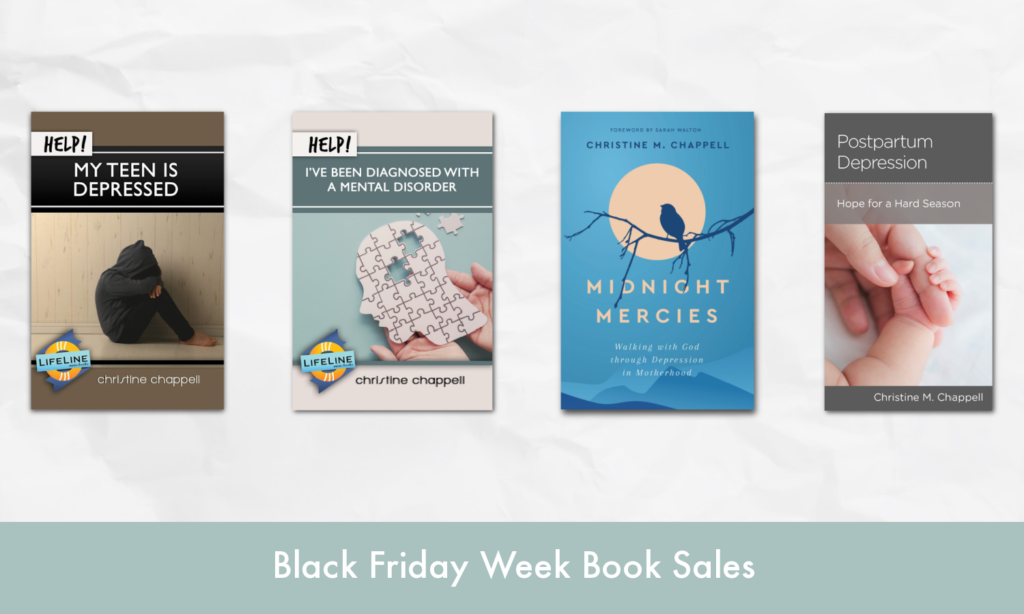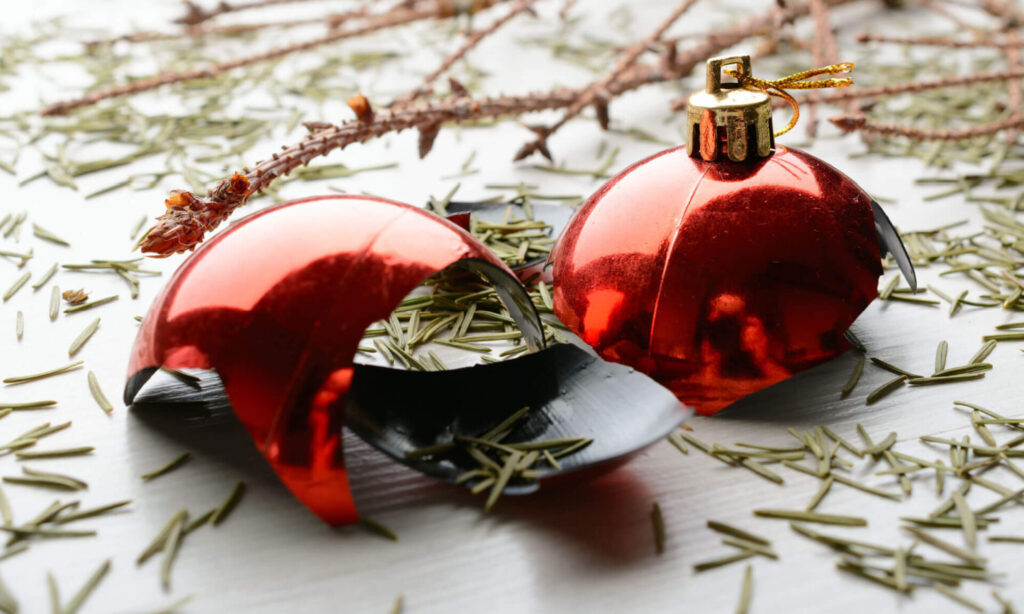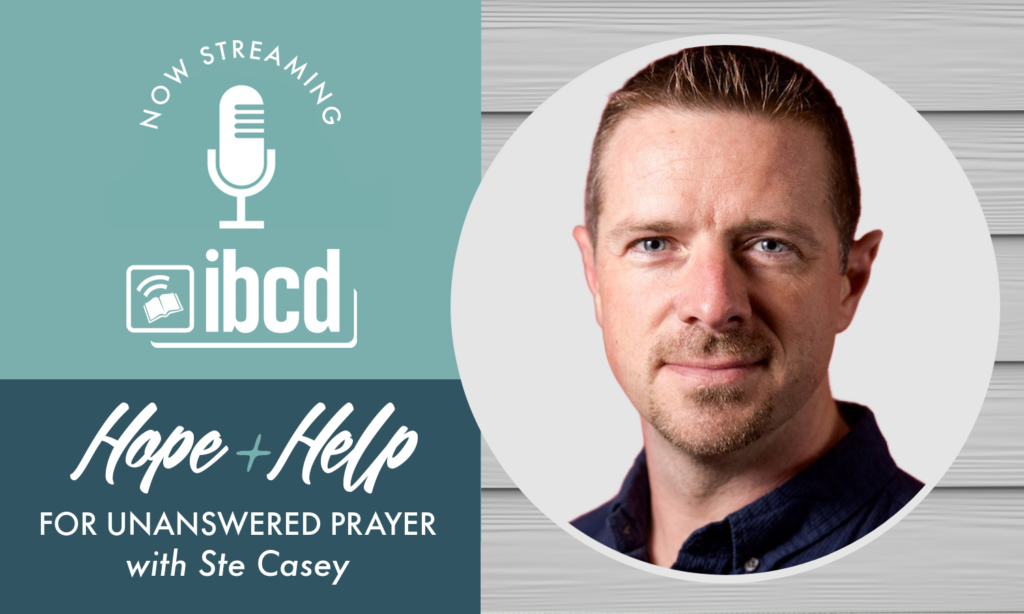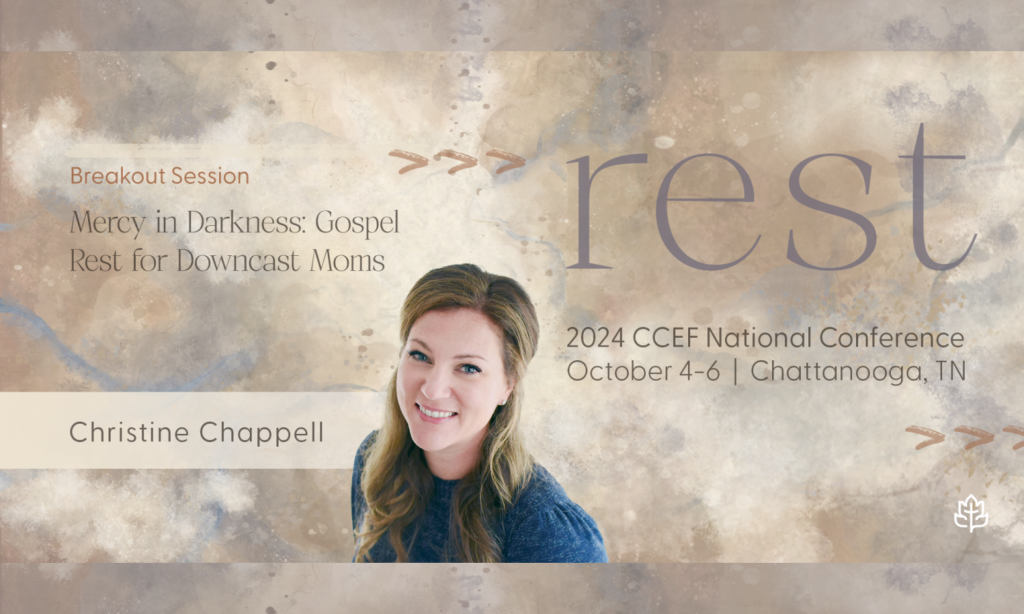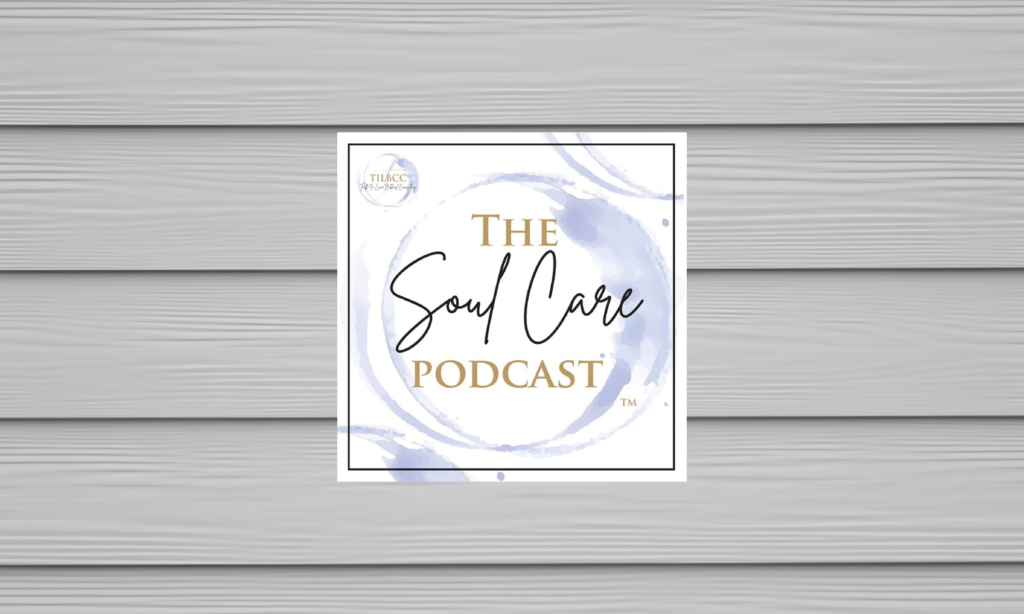It's possible to grow so accustomed to living in melancholia that it becomes a default countenance—a cave to retreat to when the pains of life feel too heavy to bear. While this reflex doesn't necessarily encumber all experiences of despondency, the solemn truth is that those who suffer from chronic sorrow run the risk of turning shadows into a refuge.
Before I continue, permit me a disclosure: I have nothing but sympathy for the plight of the melancholy. For nearly two decades I plodded through the Great Despond, into a diagnosis of Bipolar Disorder II, and out by the mercy of God. I labor to raise awareness about the compassion and grace required when caring for someone walking through deep, sometimes inexplicable sorrow. I do all God permits me to do in order to expose depression as a painful form of suffering that both secular and church culture have despicably stigmatized to the degree of social leprosy.
Therefore, this very specific address to a very specific element of some experiences of depression is not presented here without first having laid a foundation of mercy and grace with my readers—a foundation which I’ve been laying for years.
Before I continue, permit me a disclosure: I have nothing but sympathy for the plight of the melancholy. For nearly two decades I plodded through the Great Despond, into a diagnosis of Bipolar Disorder II, and out by the mercy of God. I labor to raise awareness about the compassion and grace required when caring for someone walking through deep, sometimes inexplicable sorrow. I do all God permits me to do in order to expose depression as a painful form of suffering that both secular and church culture have despicably stigmatized to the degree of social leprosy.
Therefore, this very specific address to a very specific element of some experiences of depression is not presented here without first having laid a foundation of mercy and grace with my readers—a foundation which I’ve been laying for years.

